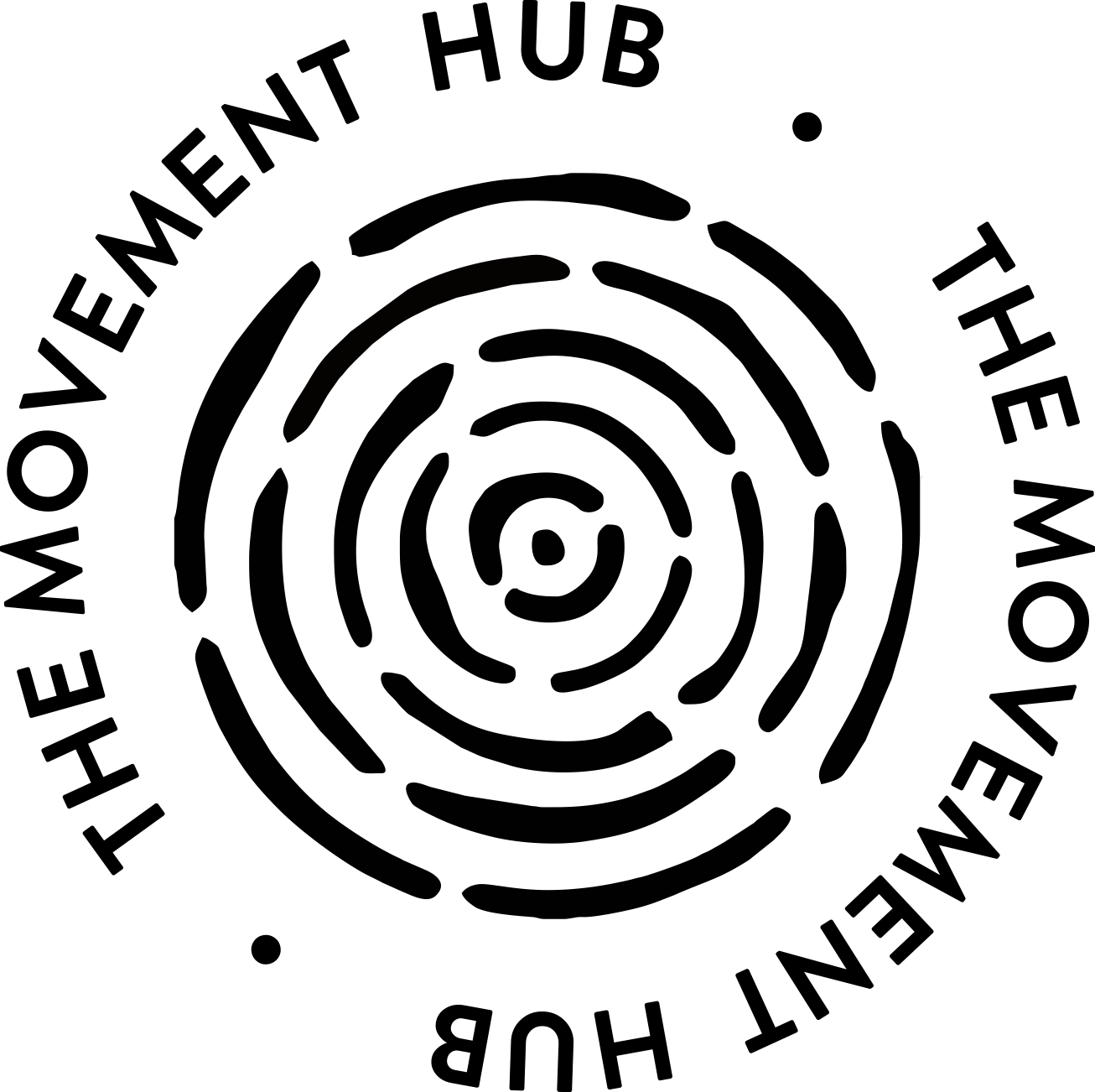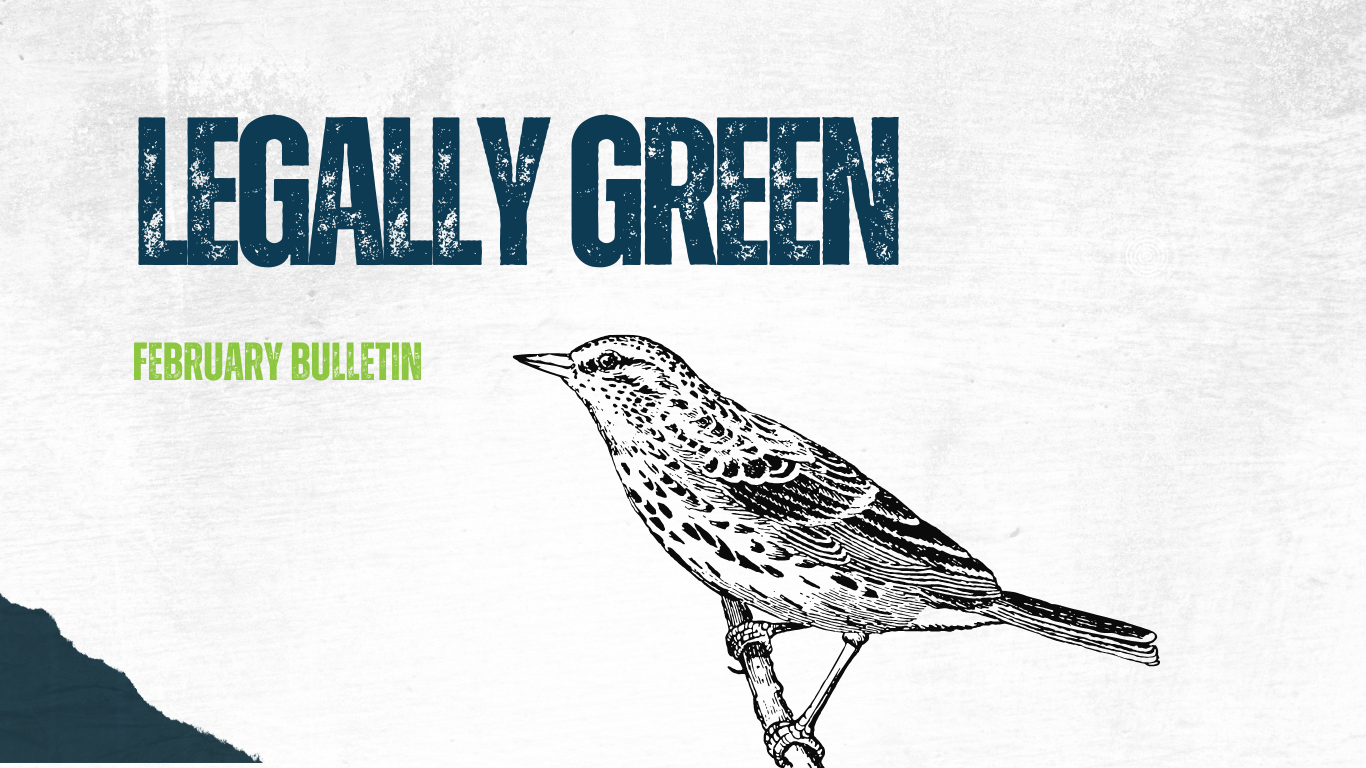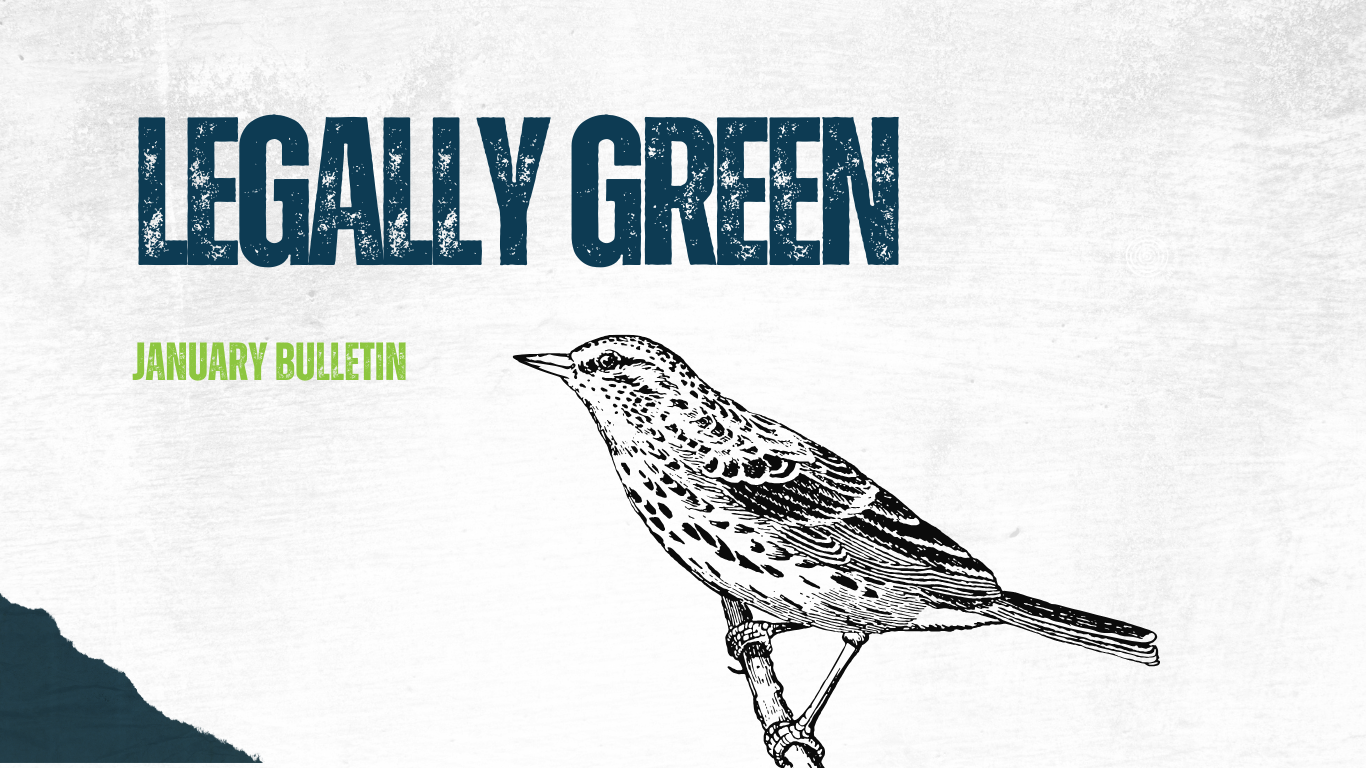500 people (farmers, cancer victims, health professionals, carers…) block a BASF production site and discover substances (such as Fipronil) illegal in France that are still being exported to other countries such as Brazil.

Instagram
Earth Uprisings: https://www.instagram.com/reel/DRNfgsajh9A/
Humeco: https://www.instagram.com/reel/DRKjScOCTxd/
Teaser for Avant l’orage: https://www.instagram.com/reel/DRJu8SRjFdP/
Fracas: https://www.instagram.com/reel/DRNQPHwDt-r
International statement from Brazil to France on BASF, fipronil, and chemical colonialism: https://lessoulevementsdelaterre.org/blog/communique-de-presse-internationale-basf-du-bresil-a-la-france
“This action was led by the Confédération paysanne (La Via Campesina France), the Collectif de Soutien aux Victimes des Pesticides de l’Ouest (CSVP, Western Pesticide Victims Support Group), Cancer Colère, the Faucheurs Volontaires (Voluntary Reapers), and the Soulèvements de la Terre (Earth Uprisings), with the support of Friends of the Earth Rouen and La Via Campesina.
This site is a perfect example of the persistent abuse and impunity characteristic of the criminal pesticide industry: the manufacture of highly toxic substances banned in Europe, massive discharges of persistent pollutants into the Seine, an increase in cancer cases among local residents, and brutal lobbying to impose an agricultural model that poisons the soil and those who work the land.
At its Saint-Aubin-lès-Elbeuf site, BASF produces more than 1,500 tons of pesticides per year and regularly discharges substances classified as “forever chemicals” into the Seine (263 kilograms in three days in May 2024!). Seven associations close to the site accuse the group of massive and repeated discharges of PFAS over the past 25 years. These pollutants accumulate in water and are virtually impossible to eliminate. […] The company continues to operate from France and sites like this, producing substances that are banned in Europe because they are too dangerous, such as fipronil, with impunity… but with criminal cynicism, it continues to export them anyway, particularly to Brazil, where they cause massive human and ecological damage.”
They’ve closed the action by announcing that soon a map of similar production sites will be released, inviting farmers, pesticides victims and decolonial activists all over the country to take similar direct action.
Have a look at this map




